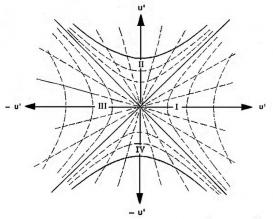Black holes were, for many decades, a strange theoretical consequence of general relativity, one that took many decades to be fully accepted by the physics community. This project aims to understand the evolution of the black hole concept, and the structural changes that eventually convinced the modern physics community to embrace such theoretical astronomical objects. It focuses primarily on the character of J.R. Oppenheimer, the first one to defy the beliefs of the time and to publish a paper with the conclusion that the gravitational collapse of a massive enough star is imminent. It considers the context, the mindset carved by the authorities at the time, and Oppenheimer’s influences to understand what led him to openly enter this controversial topic. Also, it tries to understand the consequences of his methodologically thorough article, which made the idea hard to ignore. The primary center of interest of this research is to grapple with the role of general relativity and cosmology in the acceptance of the black hole idea, since the philosophical discussion on this concept was mainly on the astrophysical level, where the general feeling was, in face of the success of quantum mechanics, well summarized in Sir Arthur Eddington’s words: “[T]here should be a law of Nature to prevent a star from behaving in this absurd way!”

Kruskal’s diagram of the maximal singularity-free extension of Schwarzschild solution. It describes the complete topology of a non-rotating, non-charged black hole. Wikimedia Commons.
Project
(2018-2020)
